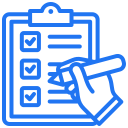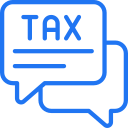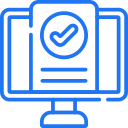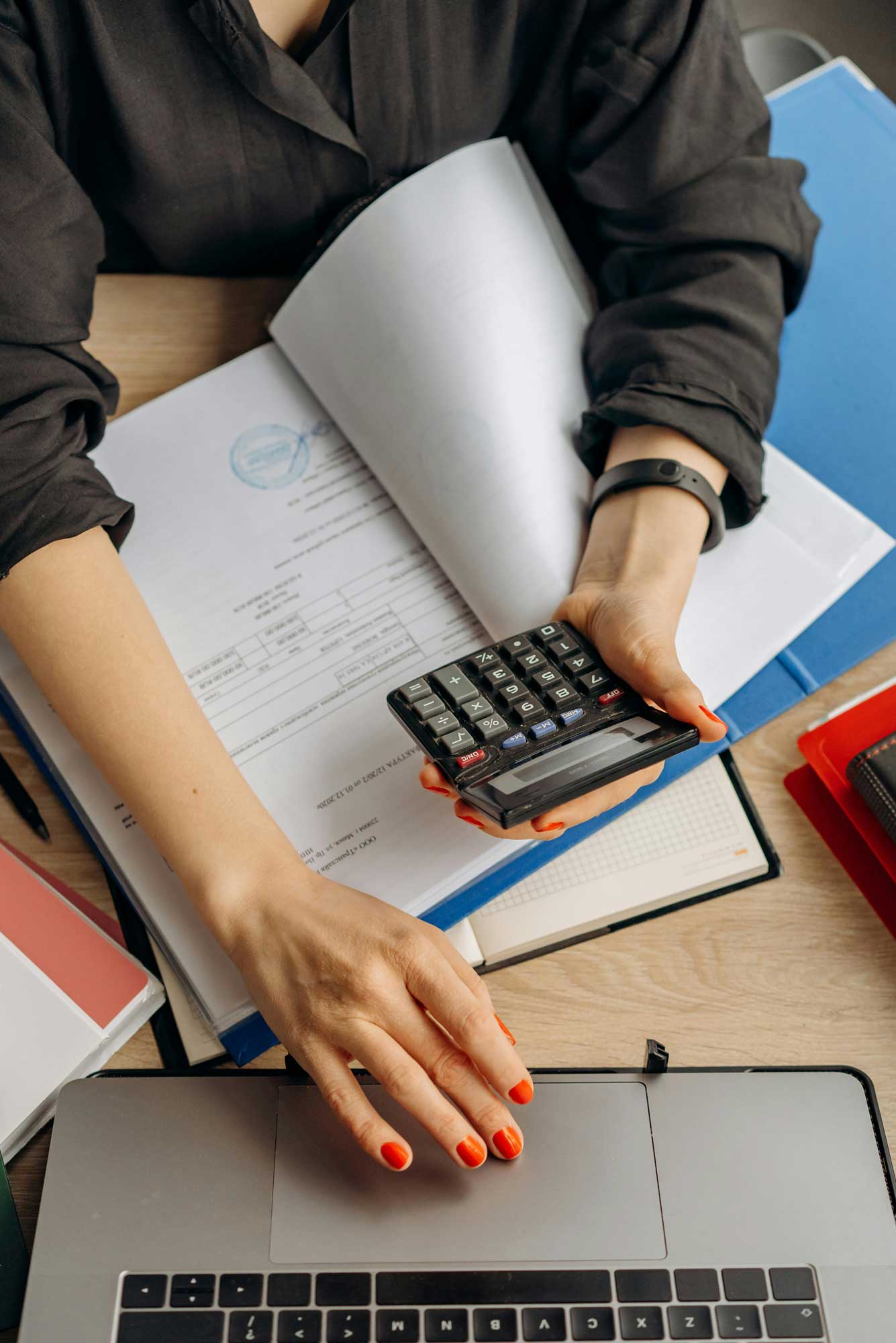Self-Employed Individuals
Self Assessment tax return filing does not have to be stressful. At OLA Accountancy, we illustrate the process, promising your tax return is accurate, compliant, and submitted on time, also help you minimize tax liabilities and avoid financial penalties.
Whether you are a self – employed individuals waiting for tax preparation and filling, tax advice, support with HMRC investigations, or Limited companies considering company formation and registration, corporate tax returns, bookkeeping and business tax planning, our expert team will handle everything from gathering financial records to submitting your self assessment tax return directly to HMRC.
What is Self Assessment? Who needs to file?
Self assessment is a program of reporting taxable income and paying tax. The UK self assessment system requires individuals and businesses to report their income, gains, and any tax– tax-deductible expenses to HM Revenue and Customs (HMRC) annually. Self assessment is a system HMRC uses to collect income tax. Tax is usually deducted automatically from wages and pensions. People and businesses with other income must report it in a Self Assessment tax return. If you fall into any of the following categories, you must file a self assessment tax return:
Self–employed (sole traders and freelancers)
If you run your own business as a sole trader or freelancer earning more than £1,000 per year, you must submit a self-assessment tax return.
Rental income
Property owners must declare rental income through self-assessment. You can deduct allowable expenses like mortgage interest, repairs, and agent fees before calculating your tax liabilities.
Individuals with multiple income sources
You must submit a self-assessment if you have untaxed income from:
-Dividends over £1,000
-Savings interest over £1,000
-Foreign income
-Capital gains above £3,000
High earners
When your income exceeds £100,000, you lose your allowance and must complete a tax return.
Corporation tax
New companies must register with HMRC for corporation tax before filing their first return. You will receive a Unique Taxpayer Reference (UTR) to submit returns.
File a CT600 annually:
-Profit/loss calculations
-Tax computations
-Supporting financial statements
Our self assessment service includes:
At OLA Accountancy, we provide a full-service solution for your self assessment tax return:

Self-Assessment
Our accountants handle the preparation and filing of your self-assessment tax return, ensuring all income and expenses are reported accurately, and you claim the appropriate deductions.

Tax Advice
Providing ongoing advice on how to minimize tax liability, including making use of allowances, reliefs, and tax-efficient investment opportunities.

CIS Registration
Our accountants assist with registering you as a contractor or subcontractor with HMRC for the CIS, ensuring you meet all the necessary requirements.

Tax Credits and Benefits Advice
Advising on potential eligibility for tax credits or benefits, especially for self-employed individuals with fluctuating or lower income.
Why choose OLA Accountancy?
Expert Accountants
Our team stays updated with HMRC regulations, ensuring your return is fully compliant. We monitor official HMRC announcements, policy changes, and new tax legislation.
Stress-free submission
We handle everything from gathering your financial records to submitting your return before the deadline. We make it easy for you to provide the necessary records by providing a personalised checklist, offering multiple submission methods also digitising and categorising your records for efficient processing.
Personalized service
We believe every client deserves tax advice that reflects their circumstances. We take the time to understand your finances and provide tailored tax advice.
Maximize Tax Savings
We find every legal deduction to lower your tax bill. We don’t just file your tax return; we actively work to reduce your tax liability through expert knowledge of HMRC’s allowable expenses and reliefs.
Avoid penalties
We understand that missing HMRC’s self assessment deadline can be stressful and expensive. That’s why we have developed a proven system to ensure your tax return is always submitted correctly and on time, protecting you from unnecessary penalties and stress.
Competitive Pricing
Affordable packages for sole traders, perfect for freelancers and independent contractors With straightforward taxes, landlords, and advanced tax planning for high earners.
What do you need to provide?
Income Records (Proof of Earnings):
- Sales invoices: Every payment received from clients
- Payment records: Bank deposits, PayPal, Stripe, or cash receipts.
- Digital platform earnings – Etsy, Fiverr, Uber , Airbnb , etc.
Business Expenses Receipts:
- Travel and vehicle costs
- Office and Equipment
- Professional services: Accountancy and legal fees, insurance, and subscriptions
- Marketing and Advertising: Website hosting and domain fees, google/Facebook ads, business cards and flyers
Bank Statements (Matching income and expenses):
- Business account statements (if separate from personal account)
- Personal account statements (if used for business transactions)
- Credit card statements (For business purchases)
For high earners and company directors:
- Employment income: P60 /P45 from your employer
- Benefits in kind: company car, health insurance, interest-free loans.
- Dividends and investments: Dividend vouchers, savings interests, capital gains
- Pension and Tax Reliefs: Pension contributions, Charitable donations.
For foreign income:
Overseas earnings, rental income, or pensions
Self Assessment Deadlines You Must Know
Penalties:
You will get a penalty if you need to complete a tax return and you:
- Send your return late
- Pay your tax bill late
You will get the following late filing penalties:
- An initial £100 penalty
- After 3 months, additional daily penalties of £10 per day, up to a maximum of £900
- After 6 months, a further penalty of 5% of the tax due or £300, whichever is greater
- After 12 months, another 5% or £300 charge, whichever is greater
Filing your Self Assessment tax return as a sole trader, freelancer, or high earner doesn’t have to be overwhelming, as long as you keep accurate records of your income, expenses, and bank transactions. By maintaining organised invoices, receipts, and financial statements, you’ll not only meet HMRC’s requirements but also minimise your tax bill legally by claiming every allowable expense. Missing or incomplete records can lead to penalties, higher tax payments, or even an HMRC investigation, so it’s worth taking the time to track everything properly. If you’re unsure about what to include or how to categorise deductions, our team at OLA Accountancy is here to help, ensuring your tax return is accurate, optimised, and submitted on time. Let us handle the paperwork while you focus on growing your business. Contact us today for stress-free tax filing!
Real People. Real Support. No Stress.
Whether you're a freelancer, a landlord, a startup owner, or managing multiple income streams — our team is here to help you make sense of the numbers and plan for success.
Want to meet us? Let’s get started.

